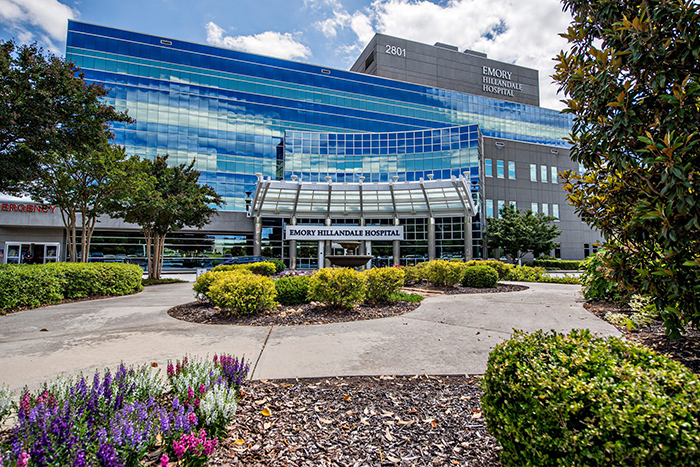Nurses have always had to make a lot of decisions. A study published in 2000 showed that critical care nurses made more than 200 decisions per hour. Today, nurses have more responsibility than ever — and more influence on the way care is delivered. Many are involved in education and research to improve the quality of care, patient safety, and other outcomes. At academic medical centers, nurses can follow all these paths — and at Emory Healthcare, nurses are vital and valued team members.
As health information technology has exploded, clinical decision support systems are helping nurses make evidence-based decisions at the bedside. Early systems were primarily created for physicians, but as nursing has evolved, so has the technology, with systems created by and for nurses to support decision-making in their specific settings, environments, and situations. The systems use data drawn from the electronic health record and elsewhere to provide alerts, reminders, and messages with recommended action.
Nurses are also more involved in system-wide governance, with more medical centers adopting a “shared governance” model that includes nurses — and not just their bosses — in setting practices and standards that improve the quality of care or the patient experience. Early research has shown these models can result in improved job satisfaction, patient care, and outcomes.





